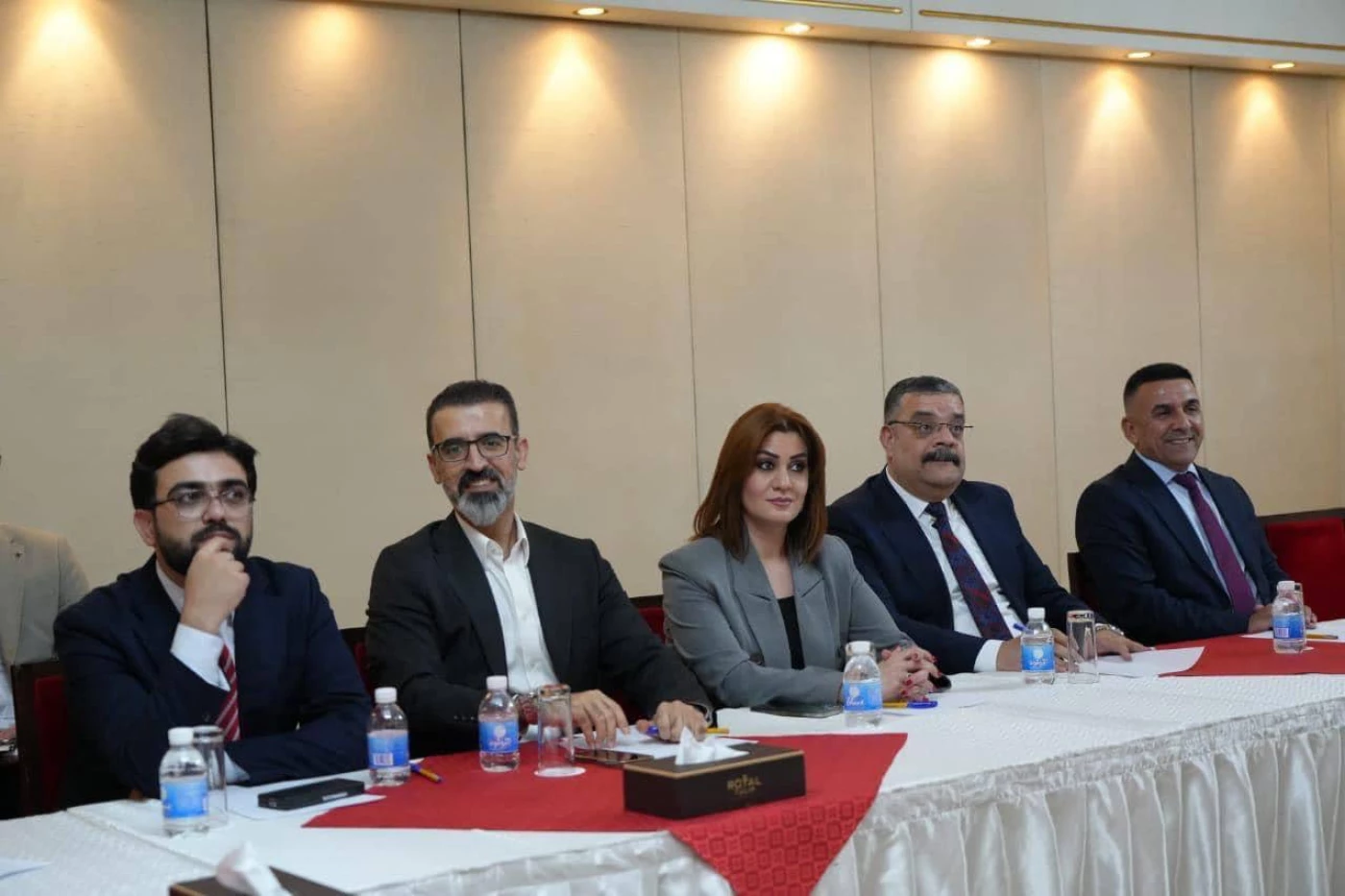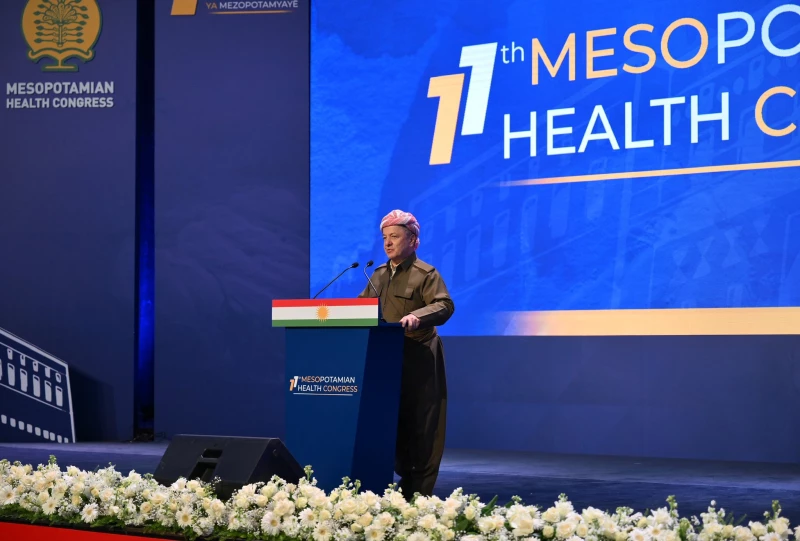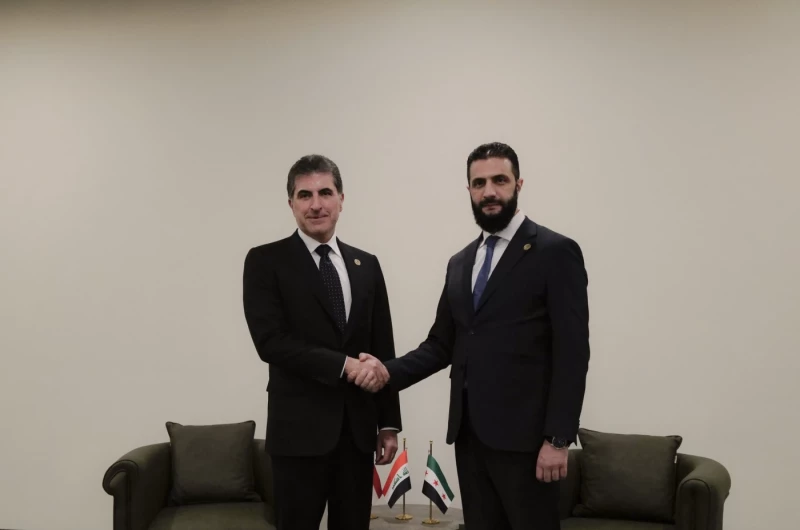Political leaders from Kirkuk held a late-night meeting Saturday at the Al-Rashid Hotel in Baghdad to select a new governor and council president.
The session, attended by three Arab members, one Babylon Movement member, and five Patriotic Union of Kurdistan (PUK), was initially scheduled for 8 pm, but was delayed due to last-minute discussions at the home of former Iraqi Parliament Speaker Mohammed al-Halbousi.
During the meeting, attended by only nine members of the council, PUK candidate Rebwar Taha was elected for governor, and Arab Bloc member Mohammed Hafiz was elected for council president.
The Sovereignty Party in Kirkuk issued a statement Sunday asserting the right of Kirkuk's Arabs to the governor's position following the recent local election results, in which the party secured four out of the six seats won by the Arab bloc.
Despite an agreement to boycott the local government formation session, some party members attended.
The party claims that the new local government was formed in violation of the law and regulations, lacking legal legitimacy due to several breaches, including the failure to submit a written request to the senior council member and the session being held outside the province without security justification.
In response to these actions, the Sovereignty Party announced the expulsion of member Mohammed Ibrahim al-Hafidh for defying party directives and betraying its principles.
The party leadership stated it would take further action against those who undermine the rights of their constituents and disregard internal directives and political agreements.
In response to the recent election of a new governor and provincial council president in Kirkuk, key political figures have expressed strong disapproval.
Hassan Turan, head of the Turkmen Front in Iraq, criticized the process for violating Article 13 of the Provincial Council Election Law, which mandates fair power distribution among all communities in Kirkuk.
He condemned the decision to hold the election in Baghdad without Turkmen participation, and deemed it as illegal.
Rakan al-Jubouri, leader of the Arab Coalition in Kirkuk and former governor, also voiced his objections, stating that the session lacked legal validity and was marked by media-driven invitations on a holiday.
The Kurdistan Democratic Party (KDP) has reiterated its support for a Kurdish governor in Kirkuk but has yet to issue an official statement on the latest developments.



 Facebook
Facebook
 LinkedIn
LinkedIn
 Telegram
Telegram
 X
X


